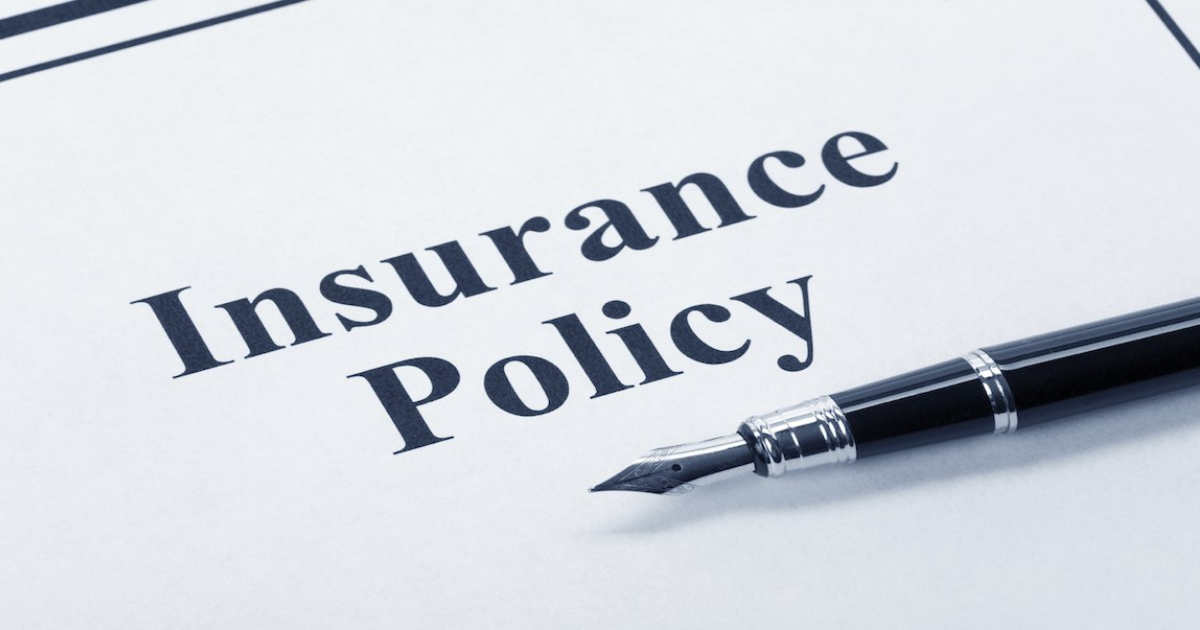Insurance Policy When it comes to protecting your home, having the right insurance policy is crucial. Your home is likely your most significant investment, and an appropriate insurance policy safeguards your property, belongings, and peace of mind. However, choosing the best home insurance can be overwhelming due to the numerous options and policy features available.
This article will guide you through 10 essential tips to select the best home insurance policy tailored to your needs.
Understanding Home Insurance Basics
Before diving into the tips, it’s important to understand what home insurance typically covers:
- Dwelling Coverage: Protects the structure of your home.
- Personal Property Coverage: Covers your belongings inside the home.
- Liability Protection: Protects you from lawsuits for injury or property damage.
- Additional Living Expenses: Covers costs if you are temporarily unable to live in your home due to damage.
Knowing these core elements will help you evaluate different policies effectively.
1. Assess Your Home’s Value and Needs
Evaluate the Replacement Cost
Instead of insuring your home based on its market value, focus on the replacement cost — the amount it would take to rebuild your home if destroyed. Market value fluctuates, but replacement costs remain consistent with construction expenses.
Inventory Your Possessions
Create a detailed list of your personal belongings to determine the amount of personal property coverage you need. This can include furniture, electronics, clothing, and valuables.
2. Understand Different Types of Home Insurance Policies
There are several policy types, such as:
- HO-1 (Basic Form): Covers limited perils like fire and theft.
- HO-3 (Special Form): Most common, covers all perils except those specifically excluded.
- HO-5 (Comprehensive Form): Covers everything including personal belongings with few exceptions.
- HO-6: For condominium owners.
- HO-4: Renters insurance.
Choose a policy type that aligns with your home type and protection requirements.
3. Compare Coverage Limits and Deductibles
Coverage Limits
Check the maximum amount the insurer will pay under each coverage. Ensure these limits meet your needs, especially for dwelling and personal property.
Deductibles
The deductible is the amount you pay out of pocket before insurance kicks in. Higher deductibles mean lower premiums but higher risk during a claim. Choose a deductible you can afford comfortably.
4. Look for Optional Coverages and Endorsements
Standard policies may exclude certain risks like floods, earthquakes, or sewer backups. Consider adding optional coverages:
- Flood Insurance
- Earthquake Insurance
- Sewer Backup Coverage
- Extended Replacement Cost
- Inflation Guard
Tailor your policy with endorsements that fit your area’s risk profile.
5. Evaluate the Insurer’s Reputation and Customer Service
Financial Stability
Check the insurer’s financial strength ratings from independent agencies. A financially strong insurer will likely pay claims promptly.
Customer Service
Look for reviews about claims processing speed, customer support, and dispute handling. A good customer experience is essential when filing a claim.
6. Understand Policy Exclusions and Limitations
Read the fine print carefully. Common exclusions may include:
- Damage from neglect or poor maintenance
- Certain natural disasters
- Wear and tear or mold
Knowing what is not covered helps avoid unpleasant surprises.
7. Bundle Your Insurance Policies
Consider bundling home insurance with auto or other insurance policies to receive discounts. Bundling can reduce premiums and simplify managing your insurance.
8. Ask About Discounts and Savings
Insurance companies often provide discounts for:
- Installing security systems and smoke detectors
- Being claim-free for several years
- Having a newer home or upgraded wiring/plumbing
- Paying premiums annually instead of monthly
Ask about all available discounts to lower your costs.
9. Review and Update Your Policy Regularly
Life changes such as home renovations, purchasing expensive items, or moving require policy updates. Regularly review your coverage to ensure it remains adequate.
10. Work With a Knowledgeable Insurance Advisor
Although avoiding agent names, seeking guidance from an insurance advisor can help you navigate complex terms and compare policies effectively. They can provide personalized advice based on your situation.
Also Read : Top 7 Factors That Affect Your Insurance Premiums
Conclusion
Choosing the best home insurance policy requires careful consideration of your home’s value, coverage needs, and risk factors. By understanding policy types, coverage limits, deductibles, and optional endorsements, you can select a policy that offers comprehensive protection at a competitive price. Always verify the insurer’s reputation and look for ways to save through discounts or bundling. Regularly reviewing your policy ensures your home remains adequately protected as your life changes. Taking these 10 essential tips into account will help you make an informed decision and secure peace of mind for your most valuable asset—your home.
FAQs
Q1: What is the difference between replacement cost and market value in home insurance?
A: Replacement cost refers to the amount needed to rebuild your home at current construction prices, whereas market value is the price your home would sell for on the real estate market. Insurance policies typically base coverage on replacement cost.
Q2: Does home insurance cover natural disasters like floods and earthquakes?
A: Standard home insurance usually excludes floods and earthquakes. You need to purchase separate policies or endorsements for these perils.
Q3: How can I lower my home insurance premiums?
A: You can lower premiums by increasing your deductible, bundling policies, installing security devices, maintaining a good credit score, and asking about available discounts.
Q4: What happens if my home is underinsured?
A: If your home is underinsured, you may have to pay a significant amount out of pocket to rebuild or repair after a loss because the insurer will only pay up to your coverage limits.
Q5: How often should I review my home insurance policy?
A: Review your policy annually or after major life events such as renovations, purchasing valuables, or moving to ensure your coverage remains sufficient.


